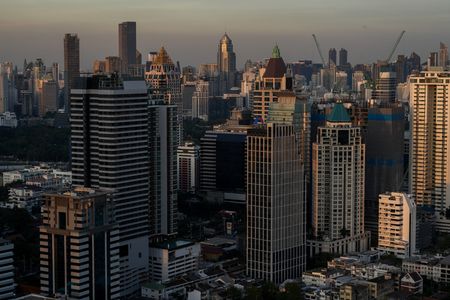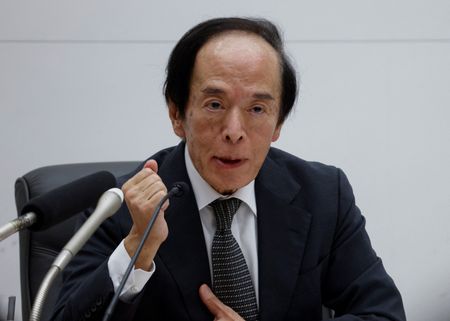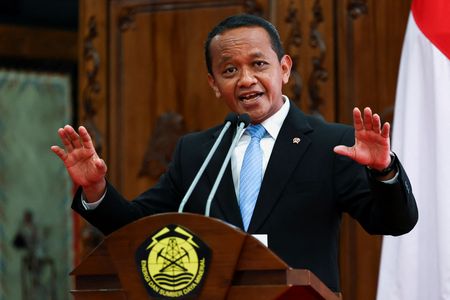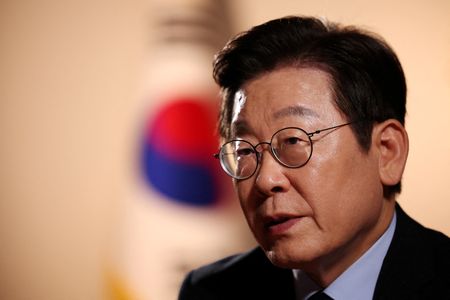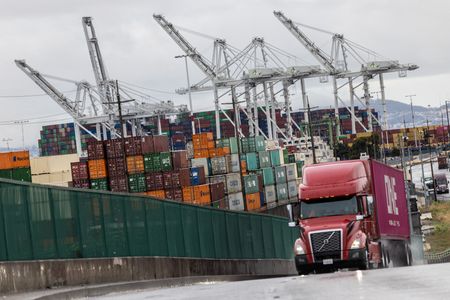By Kitiphong Thaichareon and Chayut Setboonsarng
BANGKOK (Reuters) -Thailand will deepen cooperation with China, including in areas like semiconductors and battery production, Thai prime minister Anutin Charnvirakul said on Friday, as his new government lined up measures to fire up a sluggish economy.
Southeast Asia’s second-largest economy has been struggling with high household debt, weak consumption, the impact of U.S. tariffs and, in recent weeks, a soaring baht, with the currency reaching a four-year high against the dollar.
Ratings agency Fitch on Wednesday revised Thailand’s economic outlook to “negative” from “stable”, citing increasing risks to its public finances amid ongoing political uncertainty.
“We will move forward in reducing barriers and regulations so businesses of both countries can grow together,” Anutin said in a speech at the Thailand China Cooperation Expo in Bangkok.
“Thailand will prove that we are more than a strategic economic partner, but a gateway to regional cooperation,” he said.
Thailand has emerged as a major transshipment hub in recent years, while also drawing large Chinese investments in sectors like electric vehicles.
China is the largest import market for Thailand, which shipped in Chinese goods worth $80 billion last year, amounting to 26.3% of the total.
Thailand’s tourism ministry also said on Friday that it would aim to attract as many as 2 million tourists from China over the next four months.
Anutin’s administration will deliver its policy statement to parliament on September 29 and 30, marking the start of the new administration, but the contours of its broad plans have already been made public.
The government will accelerate economic stimulus measures to boost liquidity, reduce debt, and address energy supply issues.
It will also launch a 47 billion baht ($1.46 billion) co-payment scheme, ministers said on Friday, in which the government will subsidise up to 60% of the costs of certain food and consumer goods purchased by qualified Thai citizens.
“The government has a four-month timeline and is striving to bring light to the end of the tunnel for the economy by accelerating economic stimulus measures,” Deputy Finance Minister Vorapak Tanyawong said.
The strong baht is impacting the country’s exporters, and economic agencies are looking to address the issue, Commerce Minister Suphajee Suthumpun said.
After lagging regional peers with growth of 2.5% in 2024, the economy is projected to expand by 1.8% to 2.3% this year, according to the state planning agency, with a slowdown expected in the second half of 2025 because of U.S. tariffs.
($1 = 32.21 baht)
(Reporting by Kitiphong Thaichareon, Thanadech Staporncharnchai, Panarat Thepgumpanat and Chayut Setboonsarng, Writing by Orathai Sriring; Editing by David Stanway)

